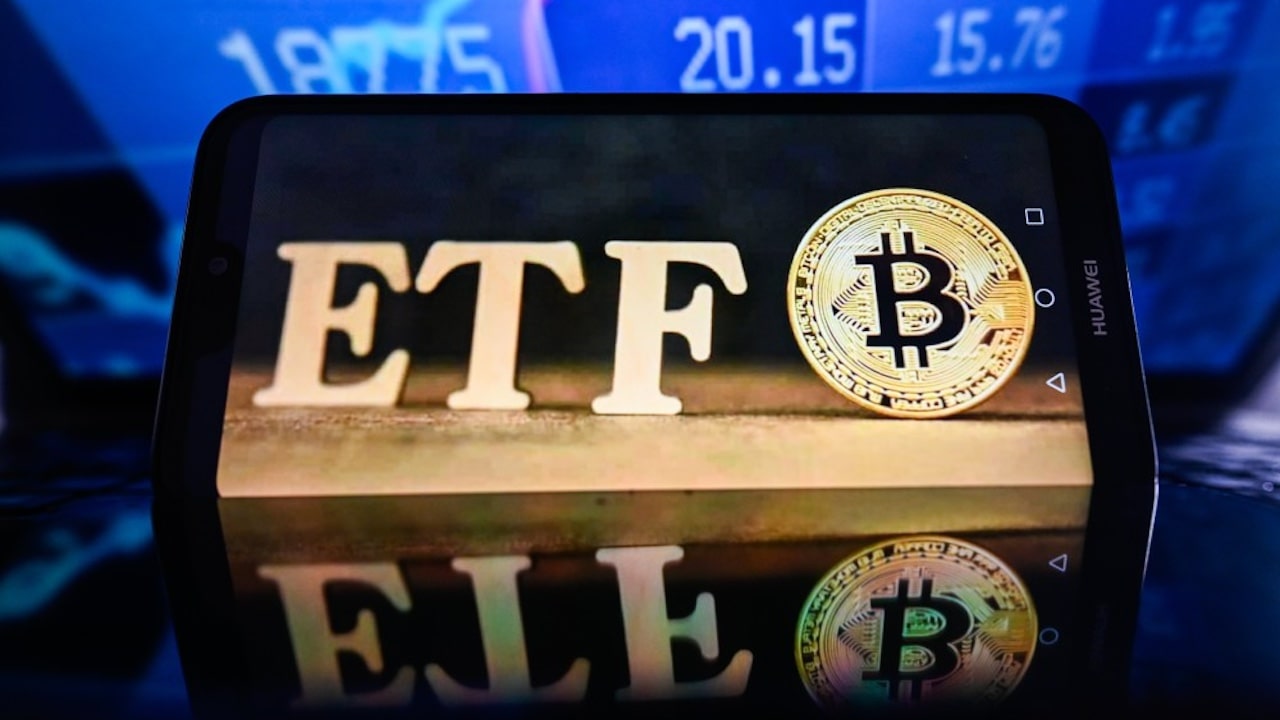In a recent development, the South Korean government has revealed its plans to approve Spot Bitcoin Exchange-Traded Funds (ETFs) for its financial market. The move towards allowing the products comes following the victory of a political party that seems more receptive to cryptocurrencies thus signaling a growing acceptance that could spur further crypto adoption.
Plans Towards Regulatory Acceptance
According to a local media outlet, the Democratic Party plans to request the Financial Services Commission (FSC) to reconsider the current ban on spot Bitcoin ETFs. The political party also disclosed plans to submit a formal request for an authoritative interpretation of Bitcoin spot ETFs once the 22nd National Assembly commences in June.
Furthermore, the party mentioned its plans to revise existing financial regulations if the FSC stays reluctant to greenlight Bitcoin funds.
“We will begin discussions on the Second Stage Virtual Asset Act (Business Rights Act) in the second half of the year, and if the authorities’ answer to the authoritative interpretation is insufficient, we are considering revising the Capital Markets Act”, they said.
It is worth noting that the amendment process will not be immediate and will likely involve extensive consultations and approvals, potentially delaying actionable changes by several months. The democratic party’s confidence in carrying out their crypto-related pledges is strengthened by a landslide victory in the recent general election, securing 175 out of 300 seats.
Before winning the election, they had advocated for integrating cryptocurrencies into mainstream financial products. The recent statements highlighted their commitment to enabling the issuance, listing, and trading of ETFs that utilize digital assets like Bitcoin as underlying assets.
Bitcoin to See Increased Adoption
Despite the enthusiasm surrounding Bitcoin spot ETFs since its approval in the United States and Hong Kong earlier this year, the South Korean financial regulators have not permitted the issuance and trading of the products under the Capital Markets Act, which does not recognize virtual assets as valid underlying ETFs.
However, the move to introduce spot Bitcoin ETFs could present a significant change for the local economy. By permitting institutional investments in Bitcoin, South Korea could strengthen its position as an innovative financial hub and technological leader in Asia which will attract more global investors and promote a more vibrant ecosystem for cryptocurrencies and related financial services.
